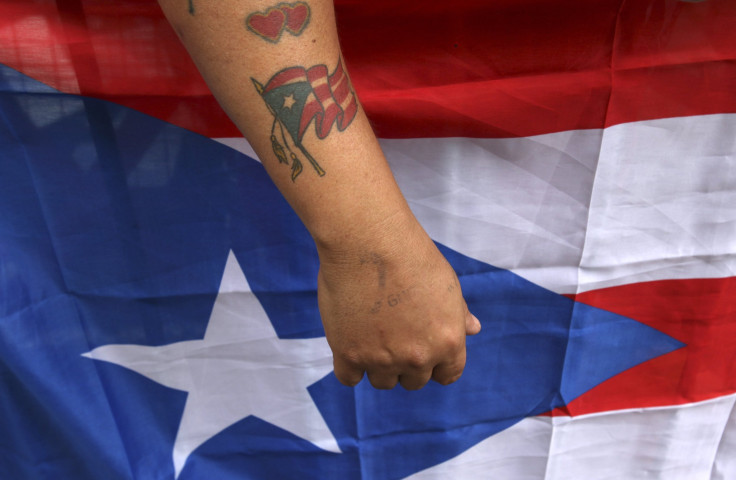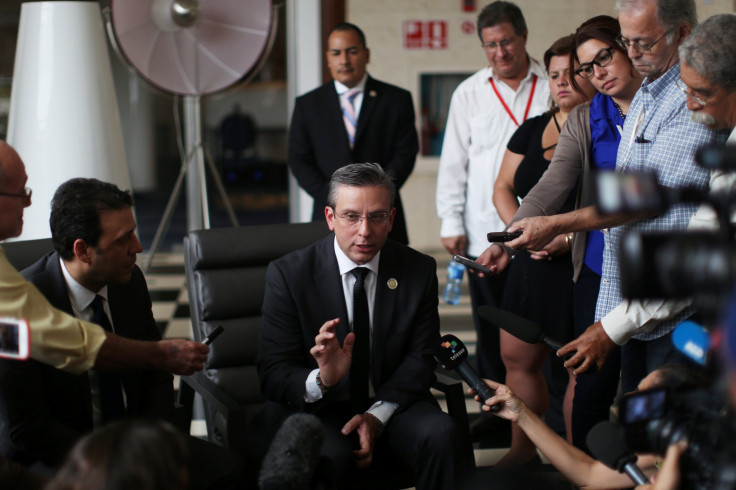Puerto Rico Debt Relief Bill Explained: How It Happened And What’s Next

The U.S. Senate on Wednesday approved a bill to alleviate Puerto Rico’s staggering $72 billion debt crisis, a measure widely viewed as a compromise between lawmakers who believe the U.S. territory should have the same right as any state to file for bankruptcy protection and legislators who side with lenders seeking to get back as much money as possible from the economically crippled island.
In a 68-30 vote, the Senate OK'd the Puerto Rico Oversight, Management and Economic Stability Act, or Promesa (the Spanish word for “promise”). The House of Representatives passed similar legislation earlier this month.
President Barack Obama indicated he would sign the bill into law by commending the Democratic and Republican senators who voted for it.
The Senate vote came two days before the Puerto Rican government is due to make $1.9 billion in payments to creditors, including more than $1 billion to holders of its general obligation bonds, whose repayments are protected by the constitution of the territory.
“This bipartisan legislation addresses the fiscal crisis in Puerto Rico while protecting American taxpayers from a bailout of the territory,” House Speaker Paul Ryan, R-Wis., said in a statement urging the president to sign the measure as soon as possible.
#Senate passage of bipartisan #PuertoRico bill is key to getting their fiscal house in order with NO cost to taxpayers
— Leader McConnell (@SenateMajLdr) June 29, 2016
Amid Puerto Rico’s decadelong recession, lenders, including bond funds and hedge funds, have employed the island’s comparatively high yields on its bonds to boost returns on their portfolios. This chase of higher returns, as well as the territory’s inability to access bankruptcy protection without congressional approval, enabled so much borrowing that Puerto Rico’s debt load almost doubled during the past dozen years. Now, the 3.5 million U.S. citizens on the island are subject to steep cuts in social services and many of the residents of the territory are fleeing to the mainland in search of better opportunities.
Puerto Rico Gov. Alejandro García Padilla spent much of this week lobbying senators to approve Promesa. In an opinion piece that CNBC published Wednesday, the governor insisted the island cannot endure any more cuts in public spending.
“The emergency measures we have taken are unsustainable, harm our economy, reduce revenues and diminish our capacity to repay our debts,” García Padilla wrote. “Puerto Rico cannot endure any more austerity.”
Assuming the bill is signed into law, Promesa would create a control board similar to the one established in the 1990s for the District of Columbia, which like Puerto Rico has no inherent right to protection under Chapter 9 of the U.S. Bankruptcy Code. The control board would oversee negotiations with creditors to cut the island’s debt, but these debt holders, especially the hedge funds that have purchased bonds at deep discounts from other investors in recent years, likely would fight hard to avoid steep reductions in what’s owed to them.
The bill is important because it enables an approximation of a bankruptcy process, Eric LeCompte, executive director of the religious development coalition Jubilee USA Network, indicated in an email Wednesday evening. “It encourages all sides to come to the negotiating table and provides vital breathing space,” LeCompte said.
The legislation also has some high-profile supporters outside Washington, such as Lin-Manuel Miranda, the Tony Award-winning creator of the Broadway musical “Hamilton”:
The Senate passed a Puerto Rico rescue bill. In March, @Lin_Manuel made a plea for his home: https://t.co/6G1bFYnp1p pic.twitter.com/rAIvErHCne
— NYT Opinion (@nytopinion) June 30, 2016

© Copyright IBTimes 2025. All rights reserved.






















